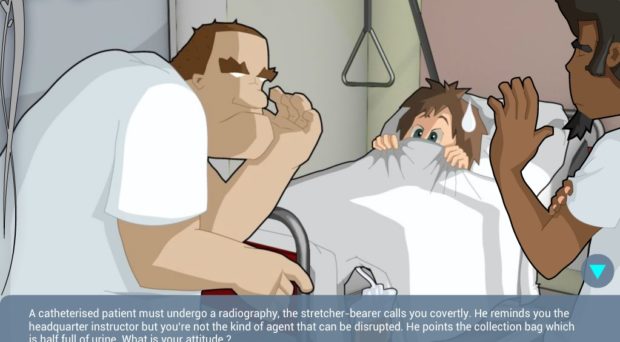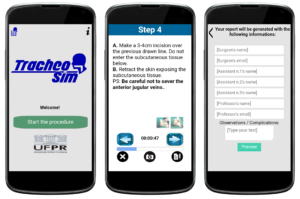
As the first supplement to our journal, the editorial team of Advances in Simulation are very pleased to present our selection of the best abstracts from the annual scientific meeting of the Society in Europe for Simulation Applied to Medicine. The Society’s meeting in Paris, in June of this year, was one of the most exciting and well-attended meetings to date, representing the intellectually vibrant community of simulation researchers and educators from Europe and around the world. The scientific programme was an excellent opportunity for our colleagues to present our research to each other, to gain feedback on work-in-progress, and to share our cutting-edge simulation ideas.
The abstracts we have selected represent the diversity of simulation research, as well as a breadth of innovative uses of simulation, and we believe showcase the best of the excellent scientific programme from the meeting in Paris.

As you read the published abstracts, you will see work exploring new educational interventions, which use simulation to train clinicians in particularly challenging areas of their professional practice, or to help clinicians come to a better understanding of their patients’ perspectives. You will read about insightful research showing specific areas in which simulation can improve clinical training, or how simulation can uncover latent errors. In pushing our thinking about simulation, serious games, which use gaming principles to encourage and develop trainees’ skills and knowledge, also featured as highlights from the scientific programme.
On behalf of the editorial board of Advances in Simulation and of the Society, I would like to add my personal thanks to Senior Editor Prof. Dr. Tanja Manser, who coordinated the process of reviewing and selecting the abstracts from the scientific programme and for editing this supplement. Thanks also for the excellent work of my editorial board colleagues Dinker Pai and Cathy Smith, as each abstract from the scientific programme was reviewed by all four of us.
As in any scientific meeting, there were many sessions I was not able to attend. Reviewing each of the abstracts from the programme to choose the best for inclusion in this supplement reminds me of the excellent research and scholarship from the simulation community across Europe, and beyond. I hope you find this supplement to be similarly inspiring.
Comments